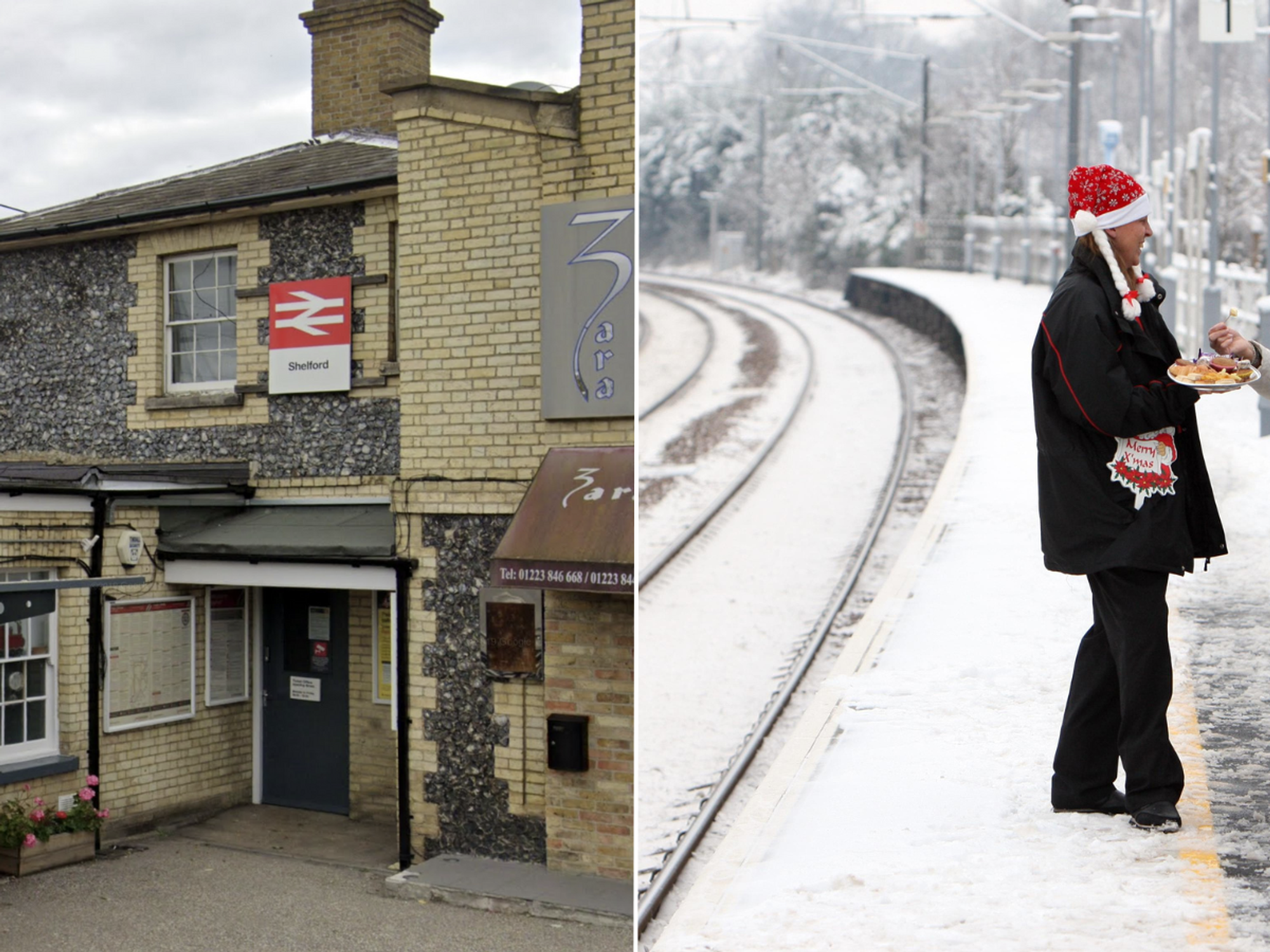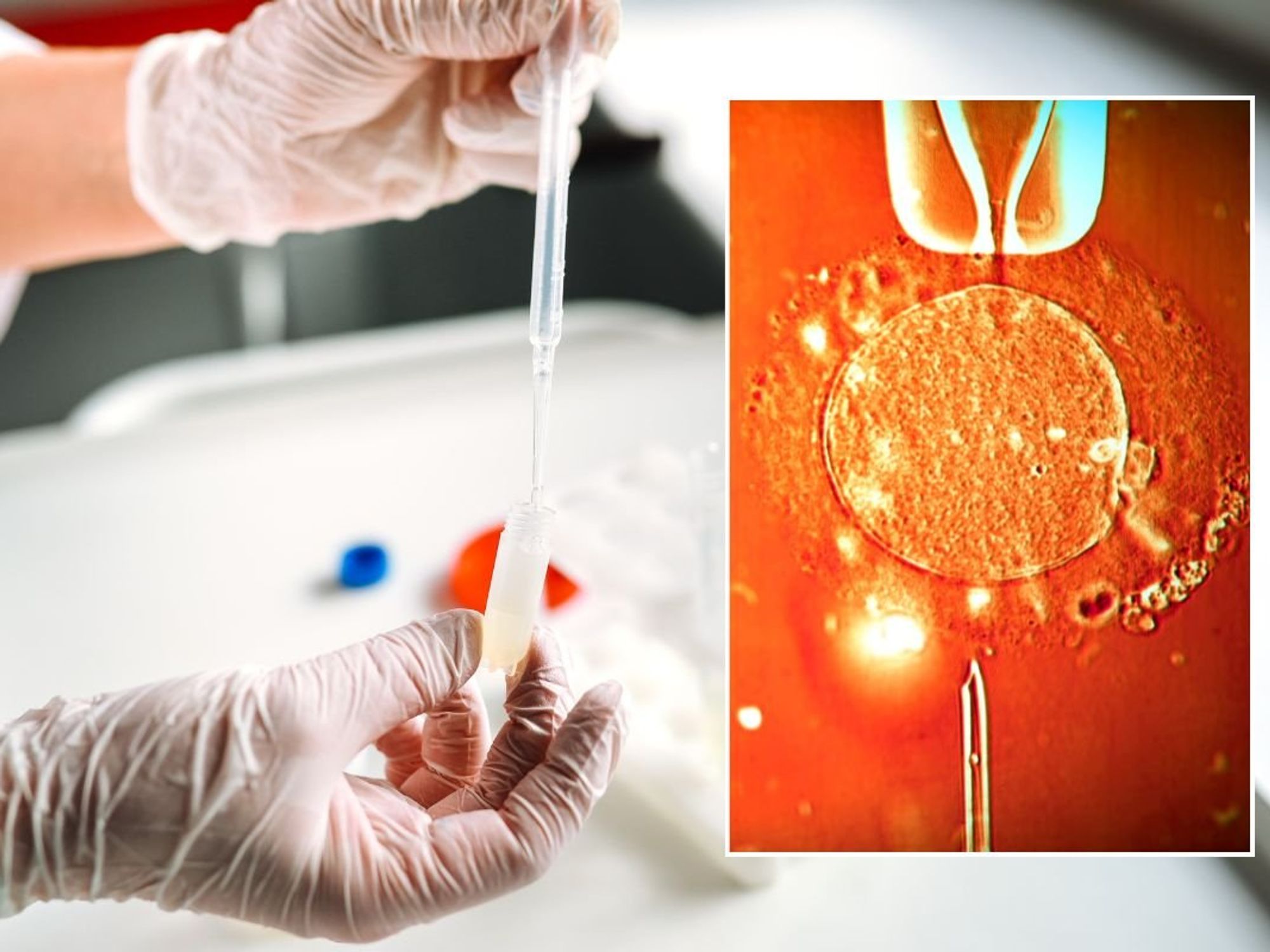Drugs crisis: Boris Johnson tells prisons to set targets to tackle drugs behind bars
The Ministry of Justice says it will set 'new stringent targets' which will make prisons accountable for the first time on drug rehabilitation
Don't Miss
Most Read
Prisons in England and Wales will be set targets for the first time to root out drugs and rehabilitate inmates under Government plans.
National league tables are to be introduced as part of efforts to hold prison governors to account on how well they can keep illegal substances out of their jails and get offenders “clean”.
The proposals have been put forward in a White Paper and prisons minister Victoria Atkins set out more detail in the Commons on Tuesday.
It comes after the Government unveiled a 10-year drugs strategy on Monday. According to ministers, the plan includes the biggest increase in investment and recovery in an attempt to end the cycle of addiction and repeat offending.
Prime Minister Boris Johnson said: “We can’t be recycling young men endlessly in and out of the criminal justice system”, adding that jails “cannot be a dead end” for young people as he set out his intention for inmates to leave jail with “more qualifications and more self-esteem about their chances in the future”.
The Ministry of Justice (MoJ) said it will set “new stringent targets” which will make prisons accountable for the first time on drug rehabilitation.
As well as individual targets being set on drugs testing, the plans will see every prisoner assessed for drug and alcohol addiction on arrival in custody.
Abstinence therapy will be among a range of treatments made available to help cut an “over-reliance on opiate substitutes like methadone”.
The results covering prisons’ success in getting offenders off drugs and alcohol and into education or employment on release would be published in national league tables.
The MoJ described the announcement as a “renewed drive” to tackle drugs behind bars, following on from previous investment and existing Government policies after pledges made by former ministers.
The plan also pledges “airport-style security” being installed in all newly built prisons. This will include X-ray body scanners, as already in place in existing closed male prisons.
Staff who may be “susceptible to corruption” could also be searched to prevent them from being blackmailed into smuggling illegal goods into jails.
There will be also drug dogs and hand-held scanners at prisons gates, with visitor subject to biometric identification.
During a visit to HMP Isis in south-east London, Mr Johnson said: “When young people, and it’s almost invariably young men, end up in in prison, that cannot be a dead end for them. And we want to stop the drugs coming in.
“So we’re putting in a lot of money for scanners, but we also want them to come out with more qualifications and more self-esteem about their chances in the future. So basic English and maths and opportunities to learn things… like painting and decorating and other skills that they can use so that they have a passport for their skills when they get out of prison.”
He later added: “We can’t be recycling young men endlessly in and out of the criminal justice system.
“So that’s why we’re also investing in stopping the drugs getting into prison, offering them alternatives.”
Ms Atkins told MPs there would be a “zero tolerance approach” to drugs, weapons and mobile phones in jails as she set out a seven-point plan to “strengthen the prison regime, to reform and rehabilitate offenders throughout their sentence” in order to reduce reoffending and cut overall crime.
But Labour’s shadow justice minister Ellie Reeves argued the Government had a “broken track record on prisons”, claiming many of the measures announced “treat the symptoms of our broken prison system and do not tackle the root causes of the problem”.











